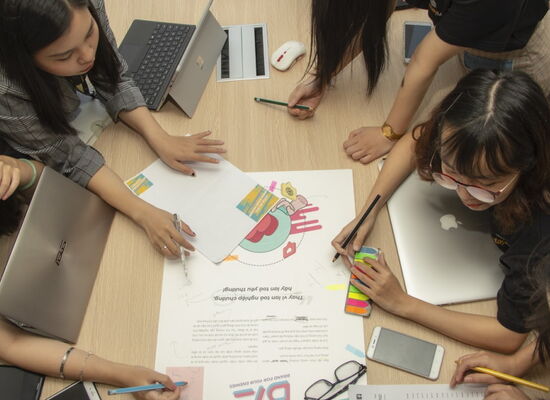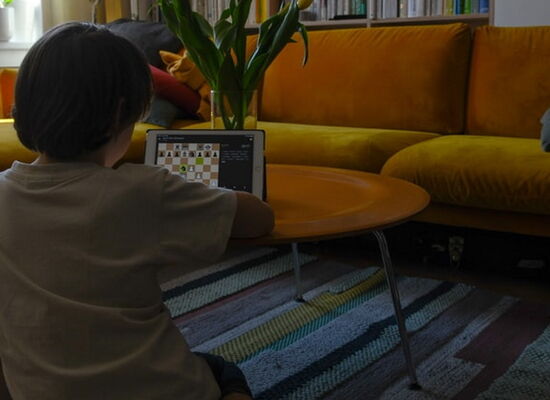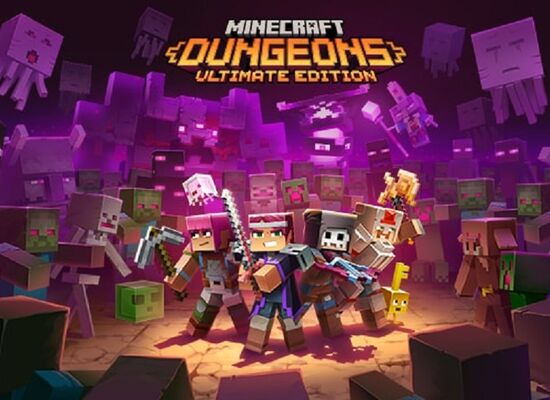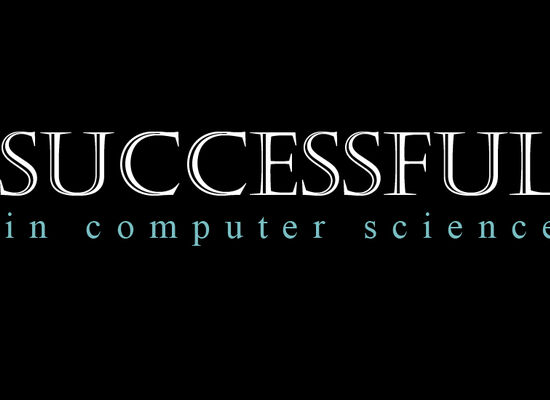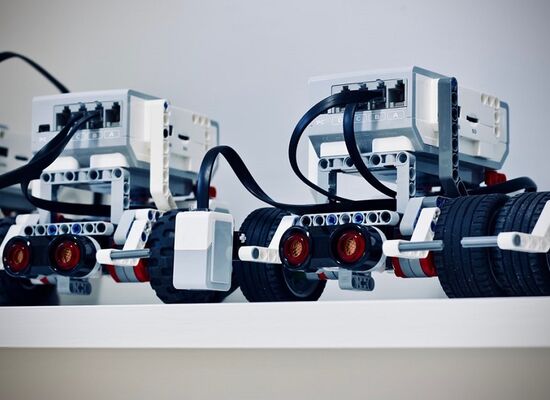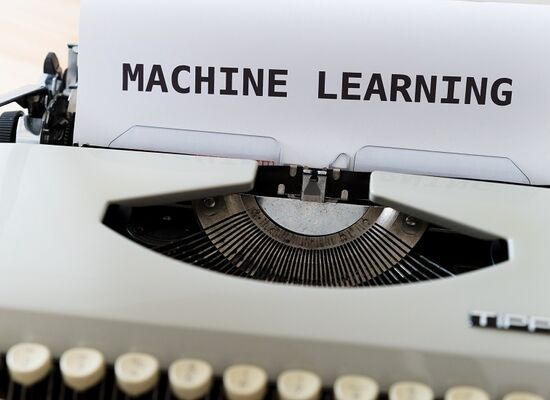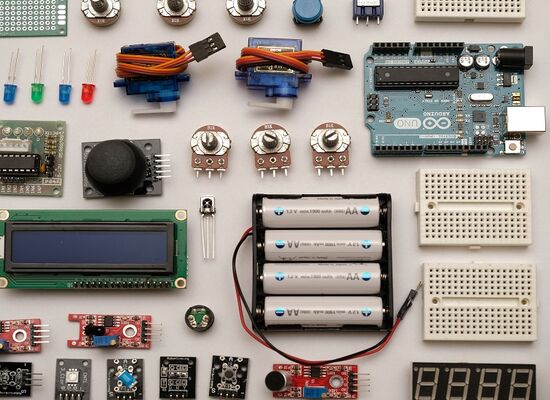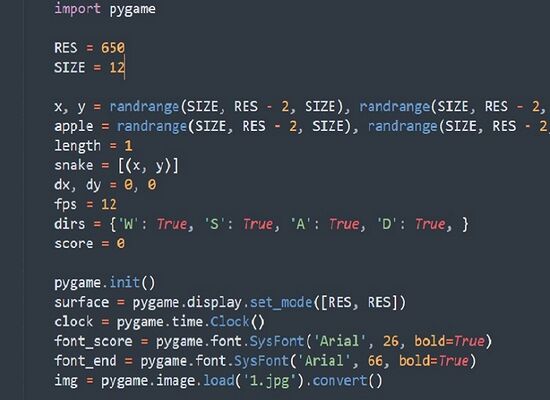Is Coding Considered a STEM Subject?
2 February, 2021
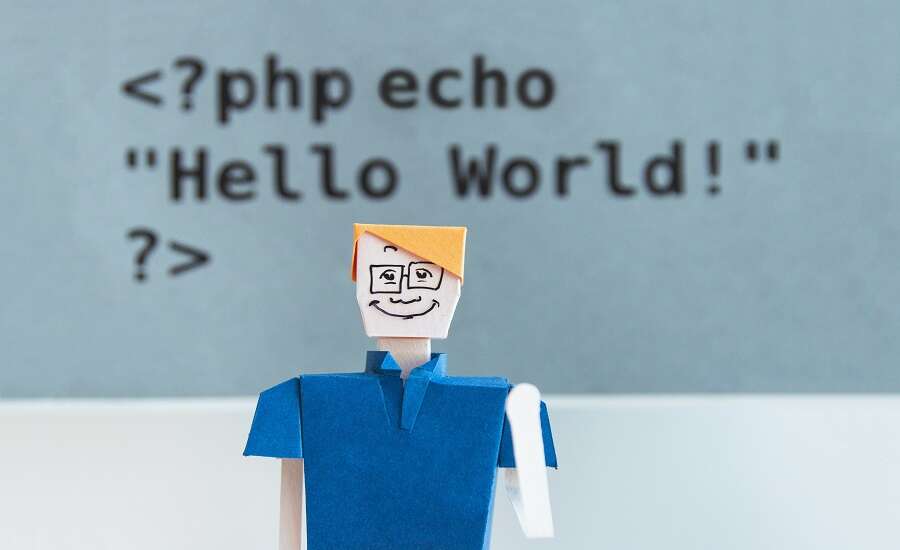
Is coding as important as the STEM subjects?
- Coding is fundamental to the computer technology which powers many STEM disciplines
- Integrating coding activities into the wider STEM curriculum makes for a more effective and engaging learning experience
- Coding allows kids to hone the problem solving, logical, and abstract thinking skills which are integral to studying STEM subjects
- Programmers are just as important as engineers, scientists and mathematicians in making sure that our world keeps turning
- It’s not all about science: creative kids can bring their STEAM skills to life with creative coding projects like websites, art, music and games
Is Coding Considered a STEM Subject?
The acronym ‘STEM’ stands for Science, Technology, Engineering and Mathematics; it is sometimes extended to ‘STEAM’ with the addition of the Arts or to ‘STEM/CS’ to denote Computer Science. Yet in comparison to science and math, computer science and coding receive much less attention in the school curriculum. This is despite the fact that coding incorporates many common elements of the STEM subjects, and that the growing digital world makes it no less of an important subject. What’s more, learning STEM and coding in conjunction can really enhance children’s understanding and abilities in both areas, not to mention their opportunities for the future!
Can you have STEM without coding?
Some say that coding could no more be considered a STEM subject than learning to speak a language could be considered sociology. But coding is more than just a tool or a skill; it is the base on which some of the world’s most powerful industries are built, such as machine learning, artificial intelligence, and fintech. What’s more, coding is an integral part of STEM because of the omnipresence of computers in today’s world. Without the code powering computer technology, the complex machines and software needed in countless scientific, engineering, and mathematical disciplines – from MRI machines to Luna Rovers – simply would not exist.
And what about coding without STEM?
The general teaching approach to STEM in schools is non-integrated, meaning that the different subjects are taught independently from one another. Yet for coding classes to be most effective they should not be confined to the four walls of the computer lab, but integrated across the wider STEM curriculum. It is harder for children to grasp the importance and versatility of programming if they cannot understand how it translates to the real world. And there are benefits both ways: integrating coding activities into the classroom – for example, making animations, presentations, or simulations – makes for a more engaging STEM experience!
Coding hones the logical/mathematical learning style
If your toddler loves taking their toys to pieces or arranging them in an orderly line across the room, there’s no need to worry – methodical activities are important for a child’s growth. Later on in their lives, children who develop a logical/mathematical learning style often prefer science or maths in comparison to the arts – no essays, just black and white answers. At the very basis of the STEM subjects lies a sense of order and experimentation. And coding is no different. When kids start learning to code, they are essentially presented with a blank canvas and the only way to progress is by trial and error, moving step by step to create something or solve a problem. While it can be daunting to begin with, kids coding languages such as Scratch are configured to encourage as much tinkering as possible.
Learning to code can help with understanding other STEM subjects
The absence of abstract thinking skills is one reason why kids struggle with STEM subjects. But learning to code is a great way to acquire this skill. Starting with visual programming languages (VPLs) can be particularly effective as it allows kids to understand the basics of coding in a comprehensible way. They can then move onto text-based languages, which do not have the same visual output but are based on the same fundamental principles as VPLs. This ability to visualise how abstract concepts relate to each other can really help kids get to grips with the trickier elements of maths and science.
- Check out our article to learn about other transferable skills acquired through coding!
Ethical questions
Our world would soon fall to pieces without the scientific and technological advances that it is built on. The kids studying STEM today will be building the future of tomorrow, and they have a responsibility for the next generation. From bioengineering to drone warfare to renewable energy, it’s clear that STEM subjects lie at the heart of some serious issues and ethical questions – and the role of computer programmers in the future holds no less importance than that of scientists or engineers. Cutting-edge coders are needed to prevent cyber-attacks, work closely with artificial intelligence, devise healthier social media algorithms, and build the data structures needed to combat pandemics – we’ve all seen what happens without them!
Coding and STEAM
Coding does not just involve typing reams of text on a black-and-white screen, but opens the door to countless creative endeavours. Learning to code on platforms such as Scratch and Kodu allows kids to take their enjoyment of music, visual arts and design to new levels: they can express their creativity by animating characters in a story, designing a 3D game world, or making music! Even industry-level text-based languages allow children’s imaginations to run free: they can make innovative apps with Python, create an attractive and interactive website by learning JavaScript, HTML and CSS, or mod in Minecraft with Java.
So, where can my child learn to code?
At CodeAdvantage! We offer flexible project-based courses to suit every circumstance and interest, be it online classes, a coding summer camp, 1:1 tuition, or a coding learning pod.
Thanks for reading this article and if you have any questions or comments on this topic or coding and STEM in general, please feel free to contact us.
Photo by Jeswin Thomas, KOBU Agency, Alex wong, Robo Wunderkind on Unsplash






